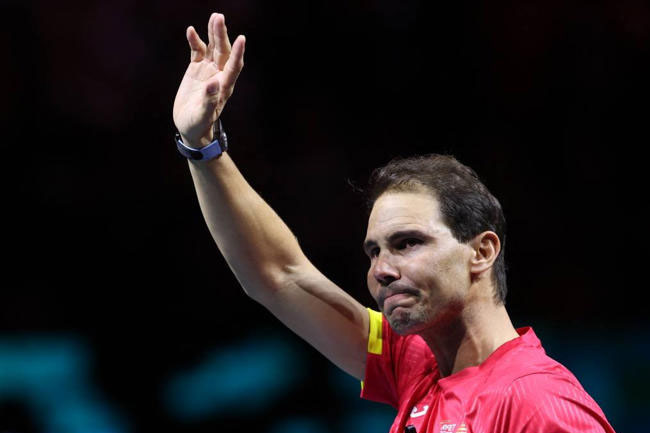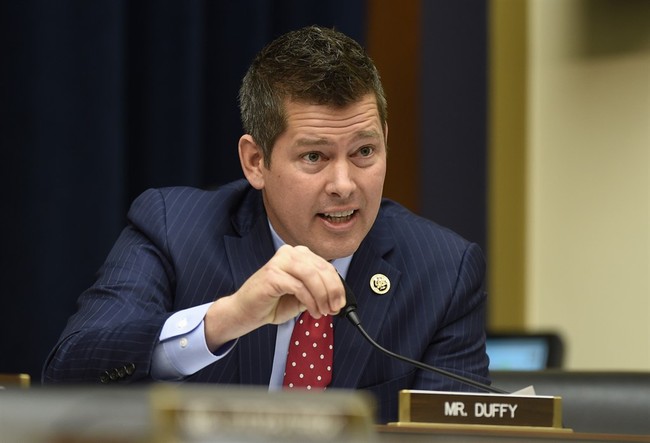Georges Ibrahim Abdallah's Controversial Release
The case of Georges Ibrahim Abdallah challenges legal, political, and diplomatic ties between France, Lebanon, and the United States, sparking contentious debates.
Published November 16, 2024 - 00:11am

Image recovered from boursorama.com
The protracted imprisonment of Georges Ibrahim Abdallah, a Lebanese militant involved in the turbulent politics of the Middle East, continues to stir controversy and diplomatic tension. Detained since 1984 in France, Abdallah was sentenced to life imprisonment for the assassinations of US and Israeli diplomats in Paris during the early 1980s. His case has become an intricate intersection of legal battles and international diplomacy, drawing in powerful state actors and igniting debate over justice and human rights.
Abdallah's journey from a Marxist-Leninist guerrilla in the Popular Front for the Liberation of Palestine (PFLP) to a figure central to Franco-American relations illustrates the complex dynamics of global terrorism politics. While imprisoned, Abdallah maintained his stance as a 'resistant' rather than a 'criminal', never expressing remorse for his acts. This dichotomy fuels his supporters' claims that his imprisonment is more about international politics than justice. Notably, the United States has consistently opposed his release, highlighting how Abdallah's freedom could affect America's diplomatic posture.
His case reached another pivotal moment when a French court ordered his conditional release on December 6, 2023, subject to an expulsion from France. This decision, however, swiftly encountered resistance as the French anti-terrorism prosecutor's office announced its intention to appeal. This appeal is indicative of ongoing pressures and negotiations within French political and legal spheres. It reflects the state's struggles in balancing legal precedents with political implications and international relations, especially given the historic appeals that have frequently been denied, sometimes due to US influence as exposed in WikiLeaks cables in 2013.
Abdallah's plight illuminates broader questions concerning international law and human rights. France's repeated rejections of his parole, despite eligibility since 1999, suggest geopolitical influences outweigh straightforward legal assessments. Advocacy from the far left in France, as well as organizations like the Ligue des droits de l'Homme, supports this perspective, arguing his continued detention equates to a denial of justice. Figures such as Annie Ernaux, a Nobel laureate, and others argue his case symbolizes enduring colonialist attitudes and legal inequities.
Critics of Abdallah's release cite the gravity of his crimes and the volatile potential of his release to inspire similar acts of violence or martyrdom within extremist circles. Yet, supporters argue that enduring imprisonment defies principles of rehabilitation and justice. Moreover, the refusal to execute an expulsion order after a court's ruling in 2013, noted by Manuel Valls, underscores the tension between judicial decisions and governmental actions.
This current ruling may well indicate a turning point in this saga. Still, the appeal process looms and until resolved, Georges Ibrahim Abdallah remains emblematic of the intersection of terrorism, international relations, and justice. The outcome could redefine current geopolitical ties between France, Lebanon, and beyond, potentially setting a precedent for how similar historical cases are approached in a post-Cold War context where regional conflicts continue to leave indelible marks on global diplomacy.







